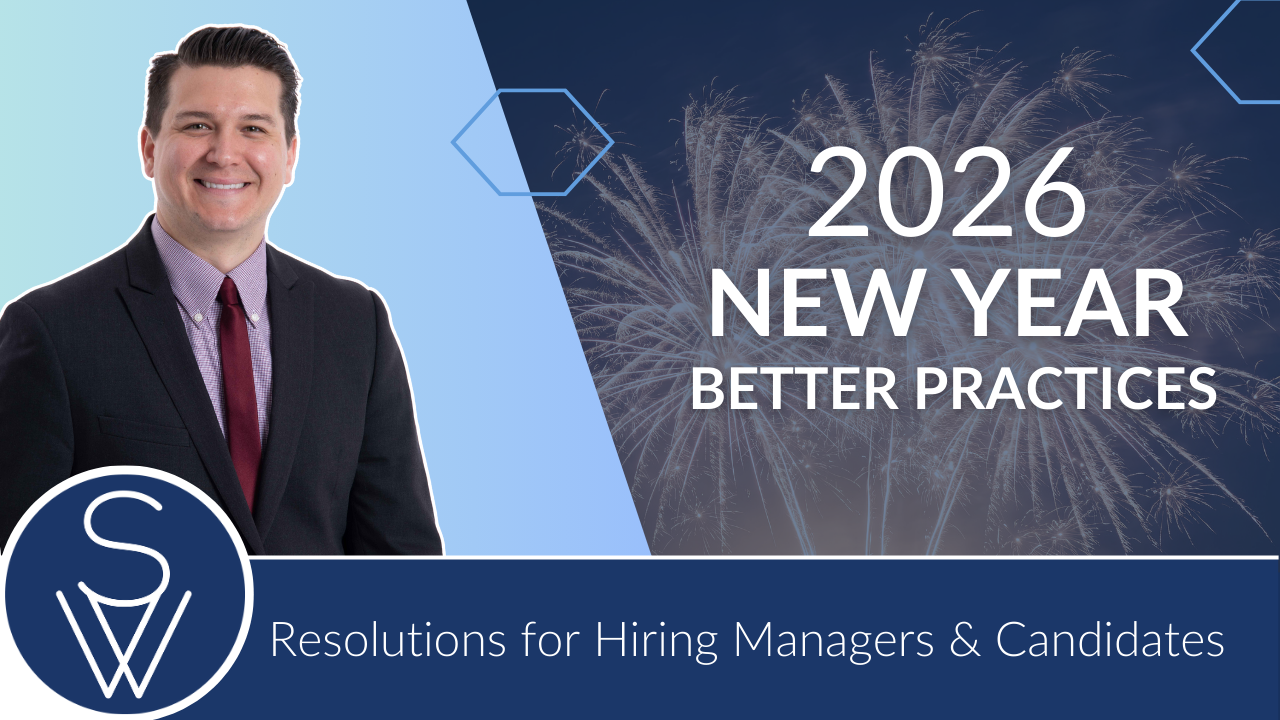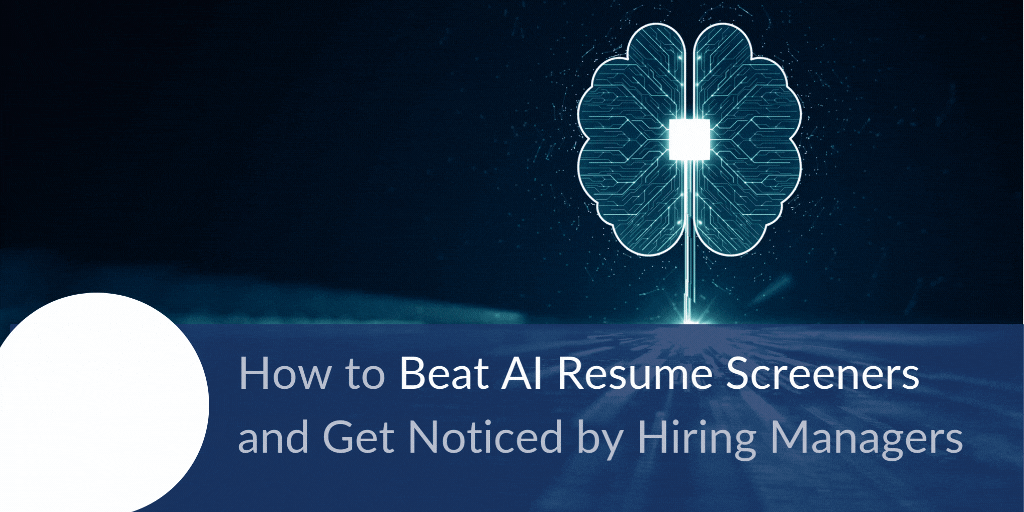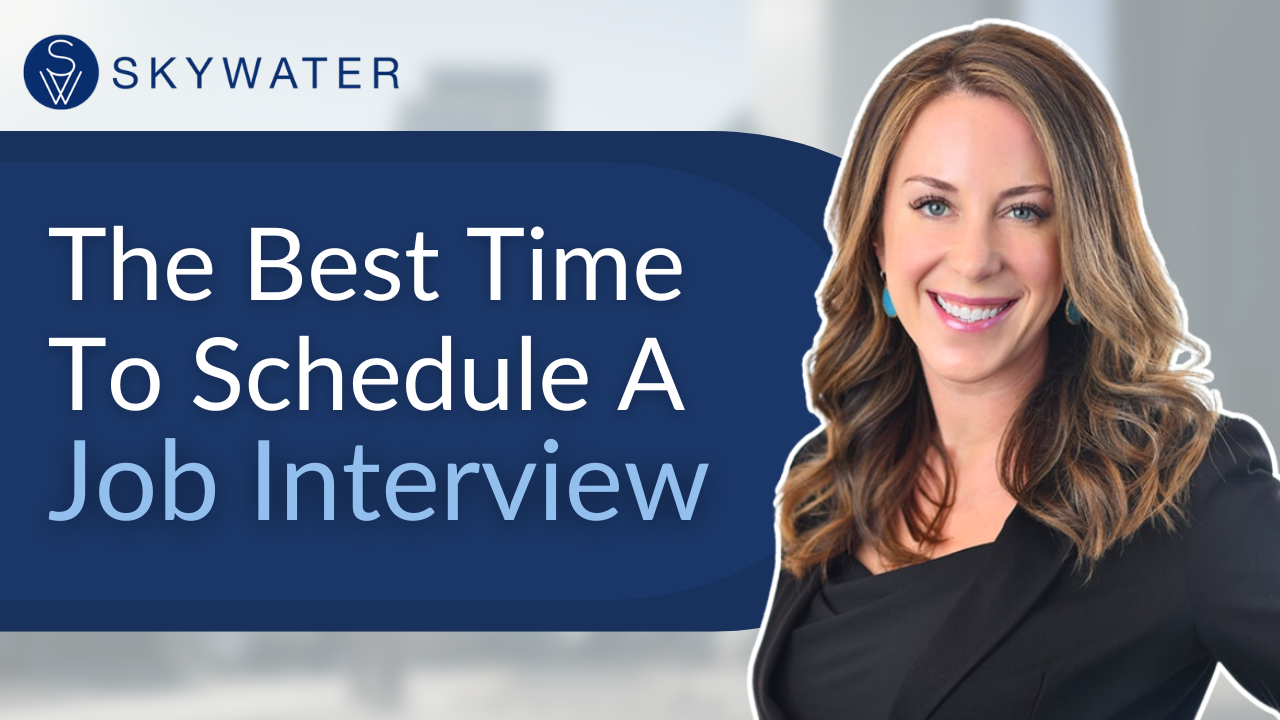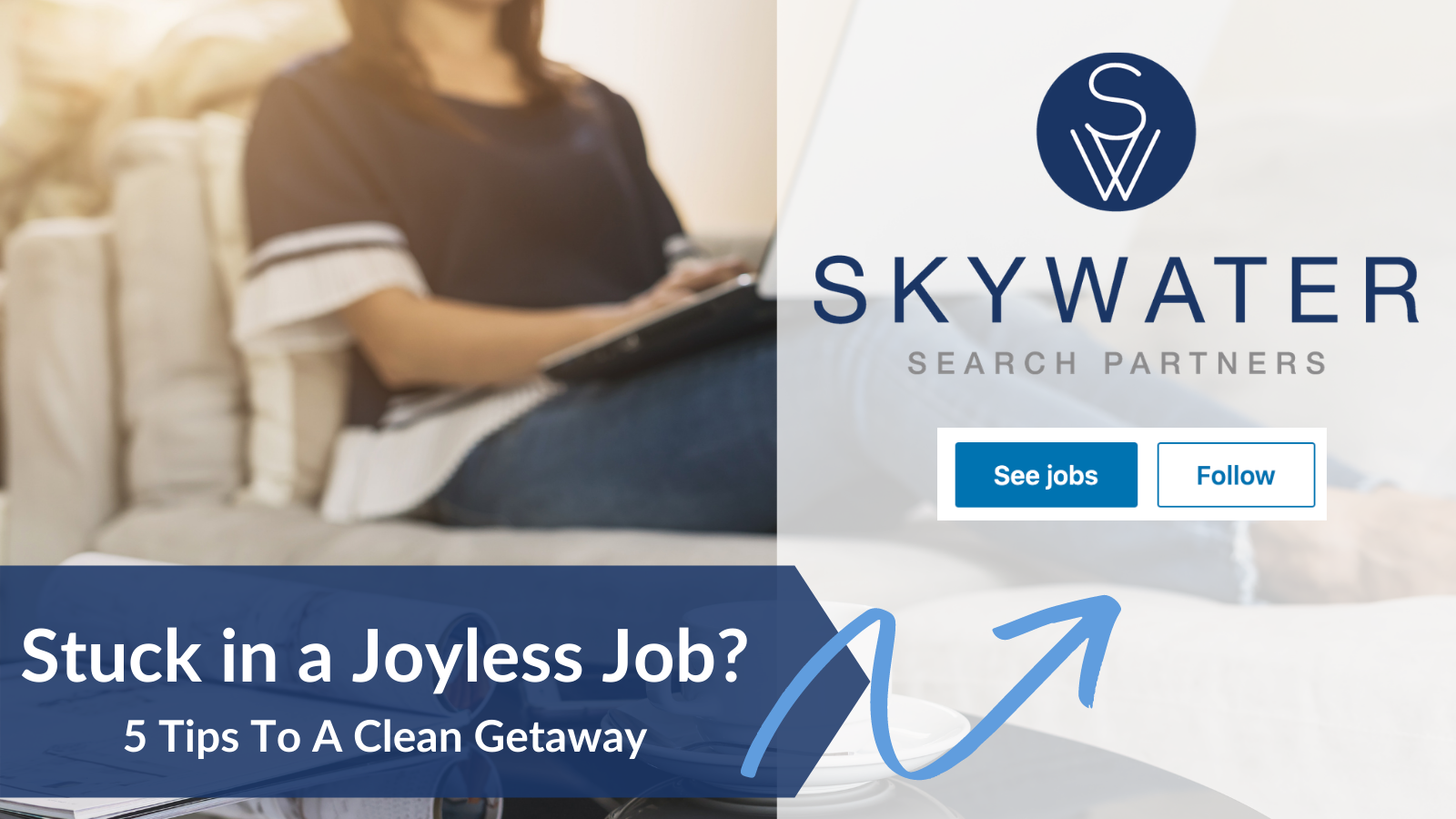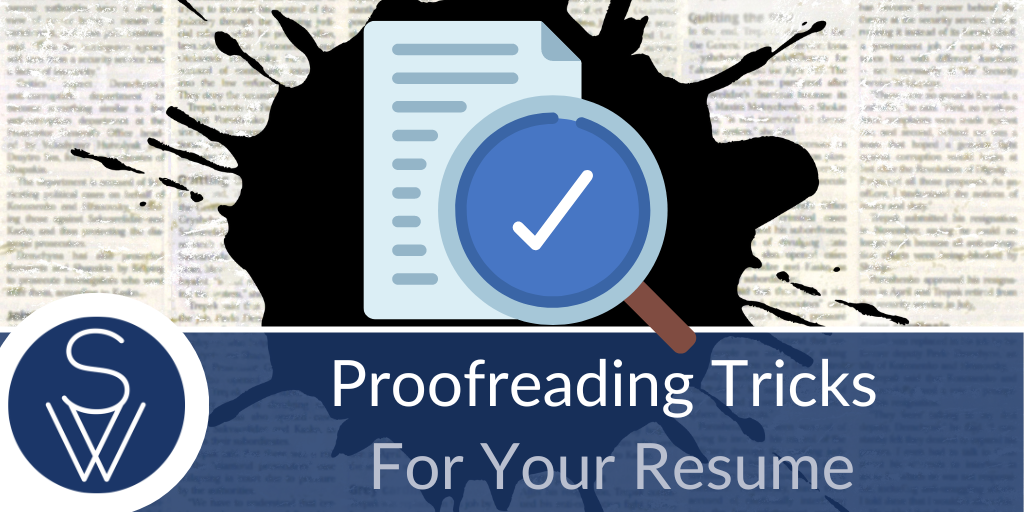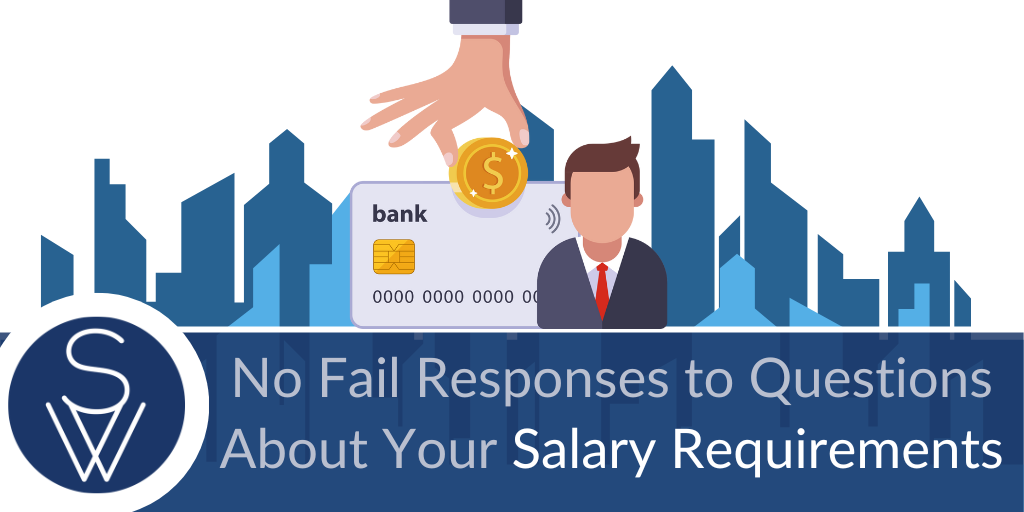Did you know that in the state of MN, hiring managers can not ask about your current salary or salary history? Instead, they must rephrase the salary question to inquire about your salary targets.
“What are your salary requirements?”
That question – or any of its many variations – initiates one of the trickiest, most consequential decisions you’ll have to make when communicating with a potential employer.
How should you respond?
With forethought, a well-prepared answer, and a clear, confident tone, sure.
But what should you say?
That depends… on a number of factors.
If you write “salary negotiable” on the application, it might keep you in the running and buy you some time to figure out a more specific response. However employers are looking for candidates who understand the market, know themselves, and are confident placing a dollar figure on their professional worth. If you just keep dodging the question by saying it’s all negotiable, you look timid and unprepared for the actual negotiation.
At the same time, your answer needs to vary from employer to employer. Here’s how to determine – and adjust – your response for each opportunity:

